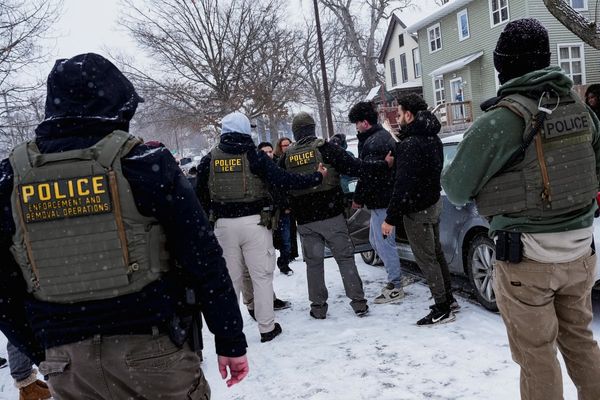
Poland has reinstated border controls with Germany and Lithuania, marking a significant shift in the region’s approach to free movement within the Schengen Area. The decision, announced by Prime Minister Donald Tusk, comes amid growing concerns over illegal migration and follows similar measures introduced by Germany earlier this year. The new controls, which began overnight on Sunday, are set to last for an initial period of 30 days, although Polish authorities have not ruled out an extension.
According to the Polish Ministry of Internal Affairs and Administration, 52 checkpoints have been established along the German border and 13 along the Lithuanian border. The checks are being carried out by the Border Guard, supported by police and Territorial Defence Force soldiers.
Inspections are conducted randomly, with a focus on vans, vehicles carrying multiple passengers, and cars with tinted windows. Officials have emphasised that these are not a return to pre-Schengen barriers; vehicles will pass through, and only selected cars will be stopped for document and boot checks.
The move is a response to what Polish authorities describe as a spike in irregular migration, with far-right groups in Poland alleging that Germany has been pushing migrants back into Polish territory after they reached Western Europe.
Migrant centre in Germany feels the heat from rising far right
German Chancellor Friedrich Merz, who has made tougher migration policy a central part of his administration, recently increased police presence at Germany’s borders and announced that some asylum seekers would be turned away.
For the European Union, these developments highlight the growing strain on the Schengen system, which has long been seen as a cornerstone of European integration and economic cooperation.

The temporary reintroduction of border controls is permitted under EU rules in cases of serious threats to internal security, but Brussels and many observers see the trend as a worrying sign of retreat from collective solutions to migration and security challenges.
Summit on Ukraine
The timing of Poland’s decision is particularly notable as it coincides with French President Emmanuel Macron’s state visit to the United Kingdom, where he is hosting a summit on Ukraine.
The summit, which brings together European leaders to discuss support for Kyiv and broader security issues, is set against a backdrop of shifting alliances and heightened concerns about border security across the continent. Poland’s move to tighten its borders underscores the broader anxieties within the EU about managing migration and maintaining internal cohesion at a time when external threats and geopolitical instability are at the forefront of the European agenda.
Macron to co-chair Ukraine talks while in UK for state visit
As leaders gather in London to reaffirm their commitment to Ukraine and European unity, Poland’s border checks serve as a reminder of the persistent challenges facing the EU’s vision of open borders and collective security.
The coming weeks will test both the practical impact of these controls on cross-border movement and the political resolve of European governments to balance national interests with the ideals of integration.
(With newswires)







